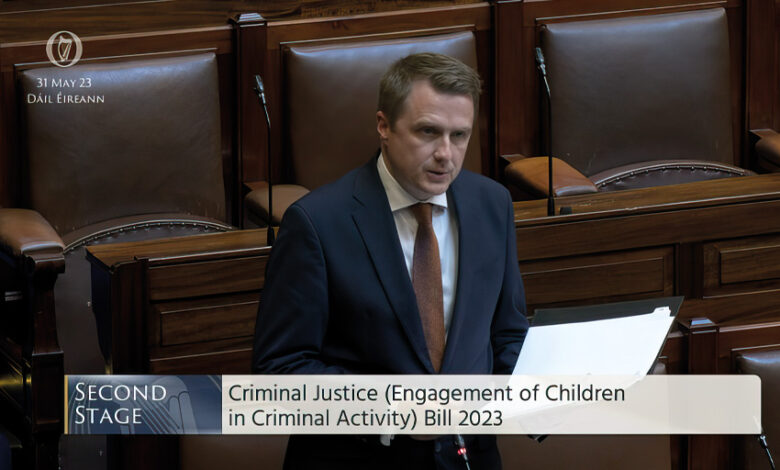New policing bill proposes sweeping reforms

Currently at committee stage in the Dáil, the Policing, Security and Community Safety Bill 2023 aims to “strengthen the governance of An Garda Síochána and to provide for clear and effective oversight and accountability of An Garda Síochána”.
The Bill will be successor legislation to the Garda Síochána Act 2005. To achieve the objective of strengthened governance of An Garda Síochána, the Bill is proposing a new Garda board known as Bord an Gharda Síochána.
The new board’s functions would provide for the independence of the Garda Commissioner in relation to the performance of his or her functions and for the appointment of members of An Garda Síochána and members of garda staff.
With the aim to provide for local community safety partnerships, the Bill further aims to establish a new policing and community safety authority to be known as An tÚdarás Póilíneachta agus Sábháilteachta Pobail (Policing and Community Safety Authority), which would replace the Policing Authority.
The Bill is also proposing the appointment of An tOmbudsman Póilíneachta (Police Ombudsman) and An Leas-Ombudsman Póilíneachta (Deputy Police Ombudsman) respectively, as well as the establishment of a body to be known as Oifig an Scrúdaitheora Neamhspleách um Reachtaíocht Slándála (the Office of Independent Examiner of Security Legislation). The head of this body will be known as An Scrúdaitheoir Neamhspleách um Reachtaíocht Slándála (Independent Examiner of Security Legislation).
Introducing the Bill to the Dáil on 22 February 2023, Minister of State at the Department of Justice, James Browne TD, said: “This Bill provides a new framework for policing, security and community safety, and, when enacted, will repeal and replace the current legislation, the Garda Síochána Act 2005, in its entirety. The Bill is based on the recommendations of the commission report which itself was informed by extensive consultations across the policing landscape, including with the wider public.”
Sinn Féin justice spokesperson Pa Daly TD expressed his opinion that “it is a disappointment to see that the Bill now narrows the [Policing] Authority’s remit to only An Garda Síochána”.
“If a future scandal were to arise, it would not be difficult to see the Commissioner asserting that its accountability is solely to the board, which is, in itself, responsible for the interests of An Garda Síochána rather than to the authority,” the Sinn Féin TD said.
With the Bill currently at committee stage in the Dáil, the Department of Justice has stated that it aims to have the Bill signed into legislation by January 2024, albeit with the caveat that this date is “dependent on Oireachtas scheduling”.





